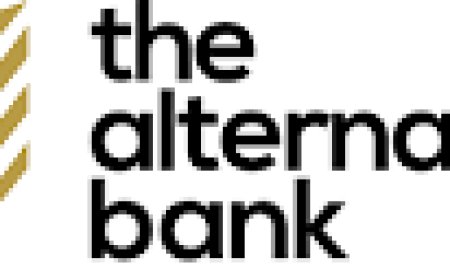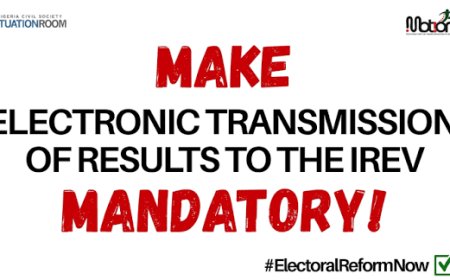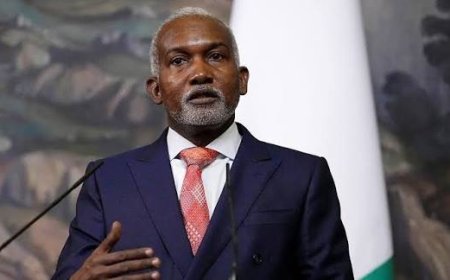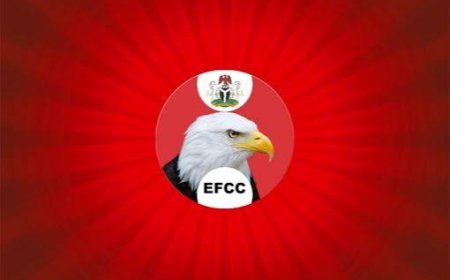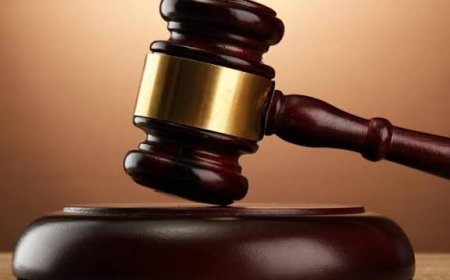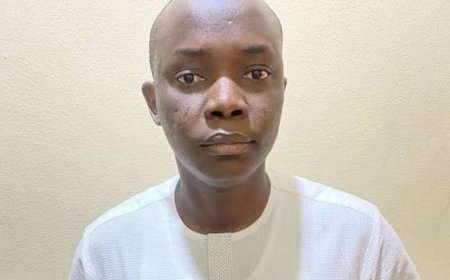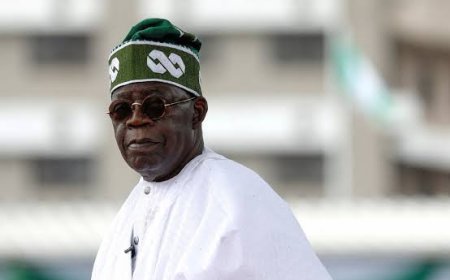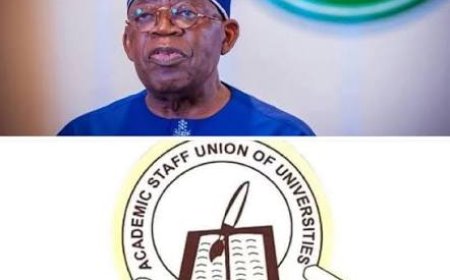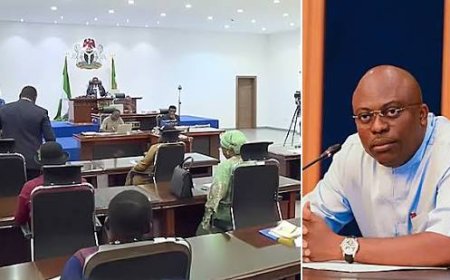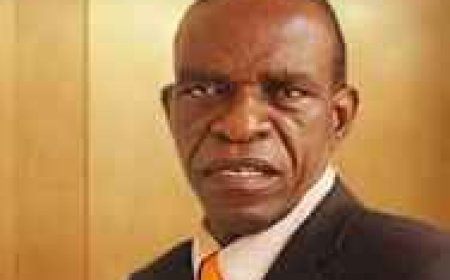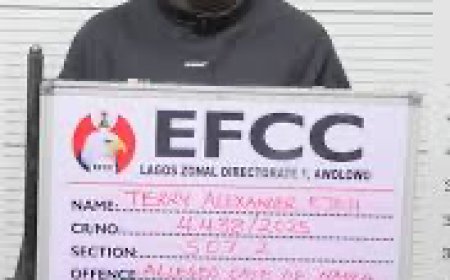Akpoti-Uduaghan: A disturbing precedent in criminal charges against the Kogi Central Senator.
In a shocking turn of events, the Federal Government has filed criminal charges against Senator Natasha Akpoti-Uduaghan, a vocal advocate for justice and accountability in Nigeria.

By Frank Agbedo
In a shocking turn of events, the Federal Government has filed criminal charges against Senator Natasha Akpoti-Uduaghan, a vocal advocate for justice and accountability in Nigeria. This decision comes on the heels of her petition to the Inspector General of Police, in which she alleged an assassination attempt on her life, purportedly orchestrated by powerful political figures, including the former governor of Kogi State and the current Senate President. This action raises serious concerns about the integrity of our legal system and the protection of citizens’ rights, particularly those who dare to speak out against corruption and violence.
Senator Akpoti-Uduaghan’s allegations are not mere political posturing; they are grave accusations that warrant thorough investigation and serious consideration. By filing charges against her, the federal government appears to be sending a chilling message: that those who challenge the status quo or expose wrongdoing may themselves become targets of legal retribution. This is not just an attack on one individual; it is an assault on the very principles of democracy and justice that our nation claims to uphold.
The act of turning a complainant into an accused person without legal justification is not only unjust but also deeply troubling. It undermines the rule of law and sets a dangerous precedent for future cases. Citizens should feel empowered to report crimes and seek justice without fear of reprisal or persecution. Instead, the government’s actions suggest that whistleblowers and advocates for justice may be silenced through intimidation and legal manipulation.
This situation also highlights the broader issue of political power dynamics in Nigeria. The individuals Senator Akpoti-Uduaghan has accused hold significant influence and authority. By targeting her, the government may be attempting to protect these powerful figures from scrutiny and accountability. This raises critical questions about the impartiality of our legal system and the extent to which it can be weaponized against those who challenge the political elite.
Moreover, the timing of these charges is suspect. As Nigeria grapples with numerous challenges, including corruption, insecurity, and economic instability, the focus should be on addressing these pressing issues rather than persecuting those who seek to bring them to light. The government should be investing its resources in protecting citizens and ensuring their safety, rather than punishing those who dare to voice their concerns.
The implications of this case extend beyond Senator Akpoti-Uduaghan. It (the case) sends a clear message to all Nigerians that speaking out against injustice may come at a high personal cost. This is not the kind of environment that fosters democratic engagement or civic responsibility. Instead, it breeds fear and silence, stifling the very discourse that is essential for a healthy democracy.
The right to freedom of speech is enshrined in many democratic constitutions, including Nigeria. Section 39 of the Constitution and article 9 of the African Charter on Human and People’s Rights ( Ratification and Enforcement Act) cap A9 Laws of the Federation of Nigeria, guarantees the right to freedom of expression. A charge of criminal defamation creates a negative effect on free speech by deterring aggrieved citizens from expressing their opinions or criticisms, especially regarding public officials and matters of public interest.
There is an alternative option of a civil suit for compensation and damages, available to interested parties, under the law, which provides a more balanced atmosphere for resolving disputes arising from libel and defamation of character.
The courts in Nigeria have been emphatic in condemning the criminalization of libel and defamation, which had been held to be illegal and unconstitutional. In the sublime words of the great jurist, Olajide Olatawura, JCA ( as he then was) in Nwankwo v The State ( 1985) 6 NCLR 228, “The decision of the founding fathers of this present constitution, which guarantees freedom of speech, which must include freedom to criticize, should be praised and any attempt to derogate from it except as provided in the Constitution must be resisted. Those in public office should not be intolerant of criticism. Where a writer exceeds the bounds, there should be a resort to the law of libel where the plaintiff must of necessity put his character and reputation in issue.”
Consequently, the criminal charges against Senator Natasha Akpoti-Uduaghan are not just an attack on her as an individual; they represent a broader threat to fundamental rights and justice, accountability and the rule of law in Nigeria. It is imperative that we stand in solidarity with her and all those who seek to expose corruption and protect the rights of citizens. We must demand that the federal government withdraw these charges and focus on the real issues at hand. Only then can we hope to build a society where justice prevails and the voices of the people are heard and respected.
Chief Agbedo, FIMC, Learned Author and Constitutional Lawyer, writes from Lagos
What's Your Reaction?










